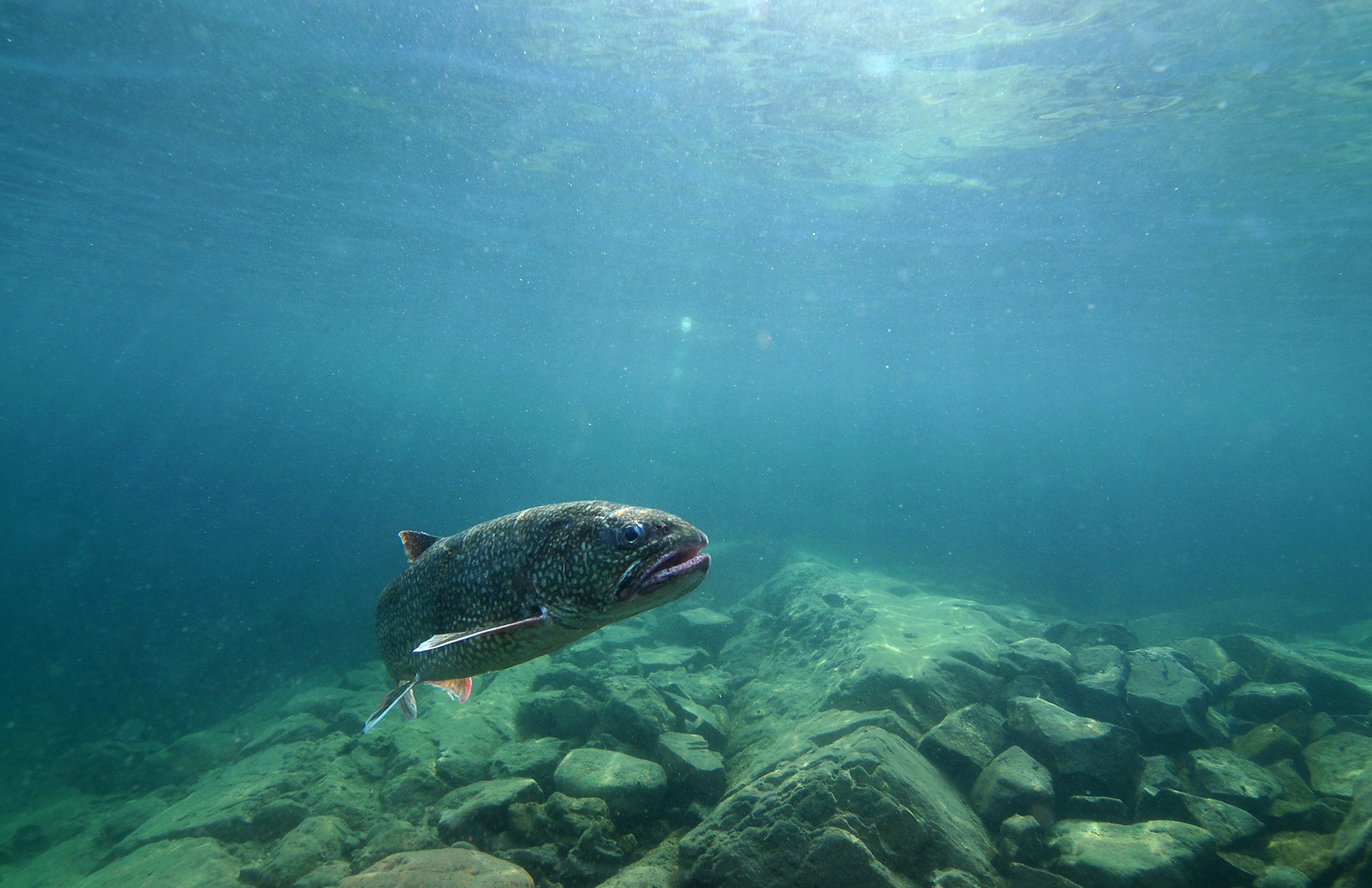Judge OKs updated Great Lakes fishing agreement between native tribes, state and federal agencies
A federal judge has approved an updated Great Lakes fishing agreement between four Native American tribes and government agencies

Your support helps us to tell the story
From reproductive rights to climate change to Big Tech, The Independent is on the ground when the story is developing. Whether it's investigating the financials of Elon Musk's pro-Trump PAC or producing our latest documentary, 'The A Word', which shines a light on the American women fighting for reproductive rights, we know how important it is to parse out the facts from the messaging.
At such a critical moment in US history, we need reporters on the ground. Your donation allows us to keep sending journalists to speak to both sides of the story.
The Independent is trusted by Americans across the entire political spectrum. And unlike many other quality news outlets, we choose not to lock Americans out of our reporting and analysis with paywalls. We believe quality journalism should be available to everyone, paid for by those who can afford it.
Your support makes all the difference.A federal judge on Thursday approved an agreement between four Native American tribes and state and federal regulatory agencies to revise a fishing policy covering parts of three of the Great Lakes.
The deal extends for 24 years a system overseeing commercial and sport fishing in sections of lakes Michigan, Huron and Superior covered by an 1836 treaty. Those areas are entirely within the U.S. and under Michigan’s jurisdiction.
The agreement “respects and promotes tribal fishing rights and opportunities, yet it also preserves the Great Lakes fishery and recognizes the shared nature of the resource,” U.S. District Judge Paul Maloney said in a written opinion.
He overruled objections from the Sault Ste. Marie Tribe of Chippewa Indians — which refused to join the talks because it contends the state has no authority over its fishing operations — and a sport fishing coalition that argued the deal would allow excessive catches of struggling species, particularly whitefish and lake trout.
In addition to the state and federal governments, participants in the deal include the Bay Mills Indian Community, the Grand Traverse Band of Ottawa and Chippewa Indians, the Little River Band of Ottawa Indians and the Little Traverse Bay Bands of Odawa Indians.
The tribes are descended from Odawa and Ojibway nations, described collectively as Anishinaabek, that under the treaty ceded lands comprising nearly 40% of Michigan’s eventual territory. They retained hunting and fishing rights.
Rising tensions between tribal commercial operations and sport anglers led to a fishery management pact in 1985, which was updated in 2000. That version was due to expire two years ago but was extended to allow continued negotiations.
“We look forward to continuing to work with our federal and tribal partners, as well as our constituents, to effectively manage these world class fisheries of the Great Lakes for the benefit of current and future generations,” said Shannon Lott, acting director of the Michigan Department of Natural Resources.
The agreement, like its predecessors, sets zones where tribal fishing crews can operate and areas where commercial fishing is prohibited. It deals with topics such as catch limits and which gear tribal operations can use.
Particularly controversial is tribes’ use of gill nets, an effective tool that hangs in the water like a wall. Critics say they indiscriminately catch and kill too many fish. The new deal let tribes use the nets in more places, with restrictions on depth in the water they’re placed, the times of year they’re used and how much netting is deployed.
“Expanded gill netting now allowed in bays and other areas of the lakes that haven’t had them for more than 40 years will cause social and biological consequences,” said Tony Radjenoivch, president of the Coalition to Protect Michigan Resources.
Under the 2000 pact, Michigan spent more than $14 million paying tribal operations to transition from gill nets to trap nets, which are more selective.
But the latest version continues catch ceilings to keep populations from dropping too low, so the type of net the tribes use is irrelevant, Maloney said in his 139-page opinion.
“Whether they meet that harvest limit quickly by using the efficient method of gill nets, or whether they meet that harvest limit over time by using less efficient means of fishing, the tribes are still subject to the same harvest limits regardless of gear used,” the judge said.
Jim Johnson, a retired Michigan DNR fisheries biologist who submitted an affidavit supporting the sport fishing coalition, said expanded gill netting could cause further drop-offs of whitefish and lake trout. Both have plummeted in recent decades as invasive mussels unraveled Great Lakes food chains, he said.
“We're just going to have to be vigilant and hope the state will intervene in a timely fashion” if numbers fall further, Johnson said.
Although the coalition wasn't allowed to participate in the negotiations, Maloney said they could appeal his ruling. Johnson said they would consider it.
Bill Rastetter, attorney for the Grand Traverse Band, said the agreement “fairly allocates the fishery resource among the competing interests."
It assures that the state, acting on behalf of sport anglers, and tribes "will continue their cooperative fishery management, in contrast to the open warfare of four decades ago,” he said.